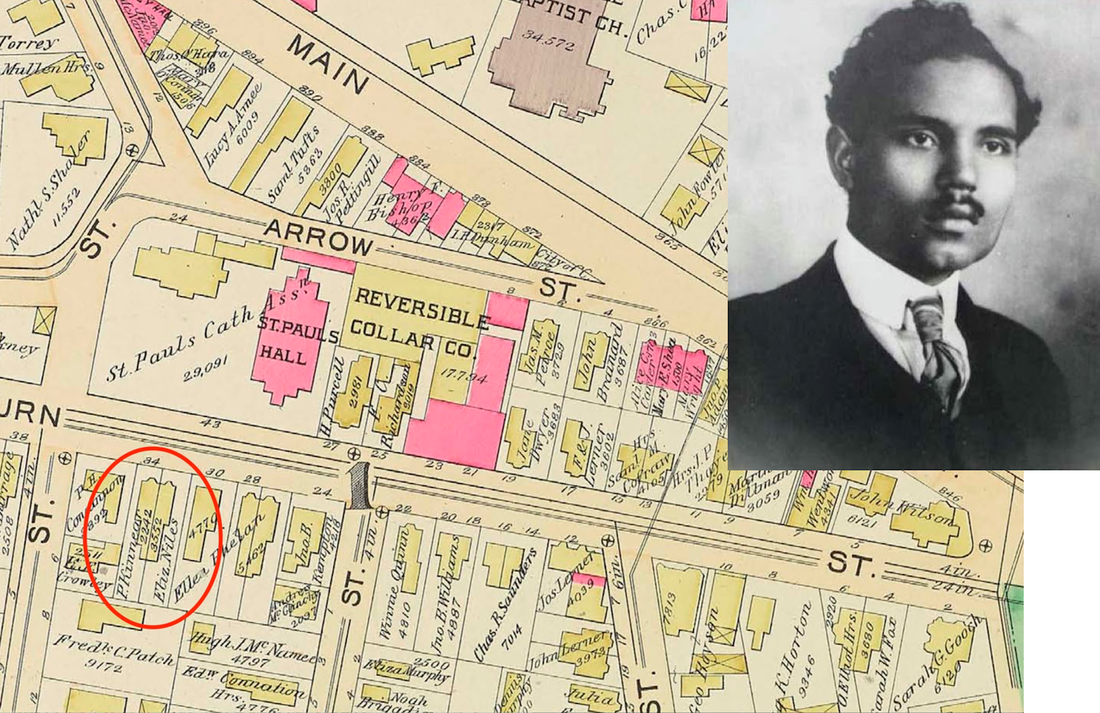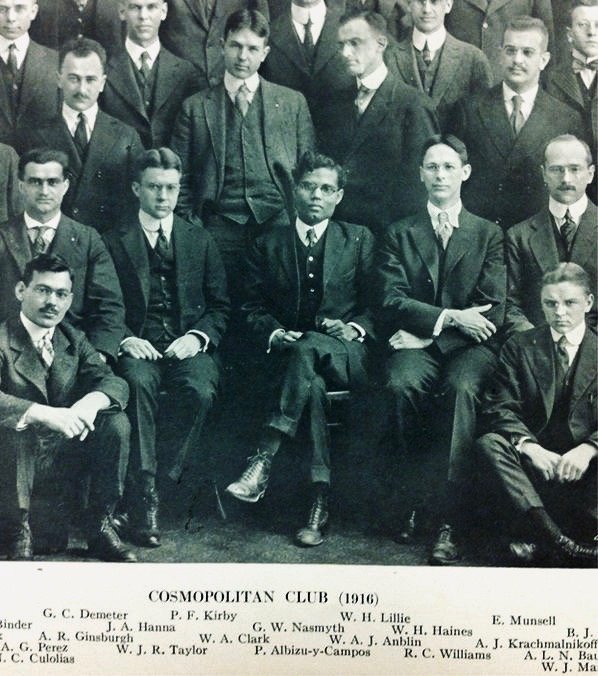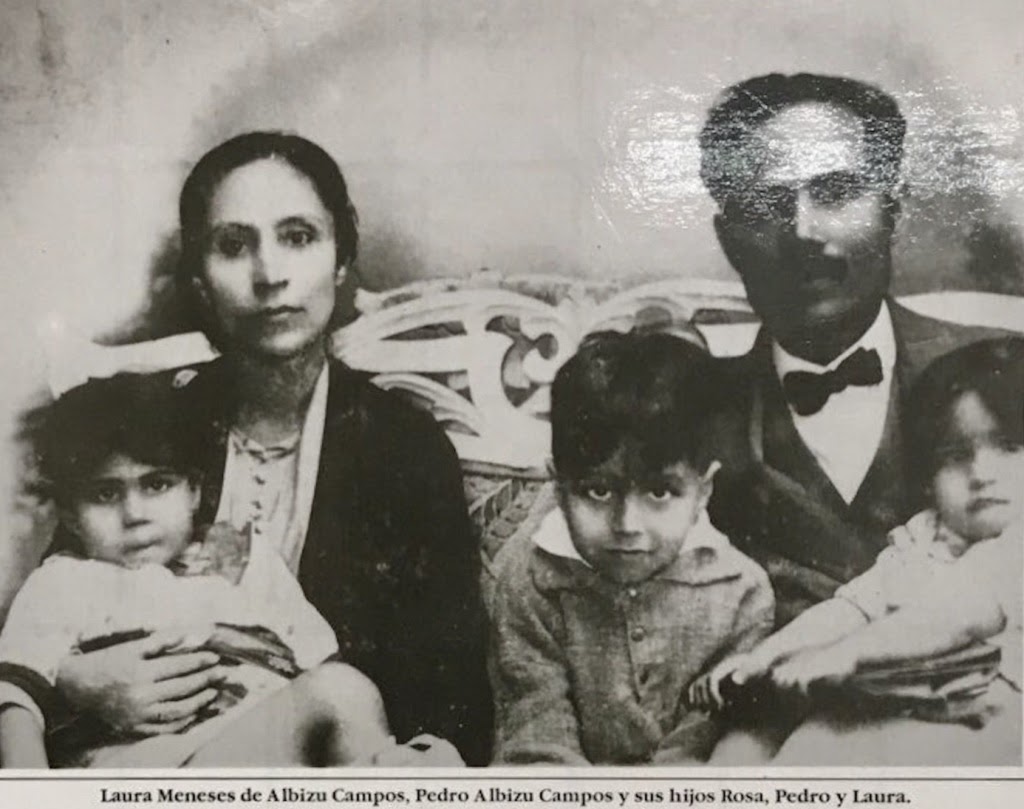|
Photo of Pedro Albizu y Campos during his student days, when he lived in and around Harvard Square, including at 34 Mt. Auburn Street in 1917. by Brad Bellows Pedro Albizu y Campos, who would go on to be a major anti-colonial activist and leader of the movement for Puerto Rican independence, arrived in Cambridge in 1913 as an impoverished student. Over the next seven years the city would shape him and set him on his revolutionary path. Born a citizen of Spain in the shanty town of Mochuela Abajo, on the outskirts of Ponce, Puerto Rico to an unmarried and illiterate daughter of slaves, unrecognized by his father, he was orphaned at four and raised by an aunt. At the age of seven, he watched U.S. troops march into Ponce, taking possession of his homeland. Despite these challenges, he was a brilliant student, and earned a scholarship to study chemistry at the University of Vermont. After a year in Burlington, Albizu Campos transferred to Harvard and joined the Class of 1916 as a sophomore, where he stood out as a rare, perhaps the only, person of color in his class, and for his intellect – he was a polymath who spoke 8 languages, equally comfortable in engineering, philosophy and literature. He was active in the Catholic Students’ Association and lived across the street from St. Paul’s Church, at 34 Mt. Auburn Street, and later at 32 Gorham Street. He was elected president of the Cosmopolitan Club and spoke on international affairs at events around Cambridge. He supported himself at Harvard by translating, tutoring, and mowing lawns. Upon graduation in 1916 he went on to Harvard Law School. His studies there were interrupted by service in the U.S. Army during WWI in the all-black 375th Regiment. Upon his return to Cambridge in 1919 he became increasingly active in anti-colonial campaigns in Ireland and India. He began working with the Irish Republican leader Éamon de Valera, spoke eloquently in support of Irish independence, and consulted on the drafting of the Irish Constitution. In January 1921 he attended a lecture at Harvard by the Indian poet and Nobel laureate Rabindranath Tagore, who had notably renounced his British knighthood two years earlier following the massacre of 400 unarmed Indian civilians by British troops. Also in attendance that evening was a Radcliffe student, Laura Meneses del Caprio, a biologist from Peru who was one of the very few Latinx students at Radcliffe and like Albizu y Campos, academically precocious. Before moving to Cambridge she had earned a doctorate in Biology at San Marco University in Lima. They married the following year. 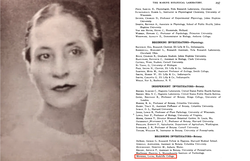 Laura Meneses del Caprio, Peruvian Biologist and Radcliffe College Student In Cambridge, Albizxu y Campos’ many accomplishments and friendships notwithstanding, he did not entirely escape the double stigma of poverty and racism. Based on his GPA he would have been valedictorian of his Law School class, but for the intervention of professors who averted that embarrassment by delaying two examinations. Nonetheless, he was offered prestigious positions upon graduation, including a State Department appointment and a Supreme Court clerkship, but he and Laura chose the more difficult path of going back to Ponce to try to ameliorate conditions there. 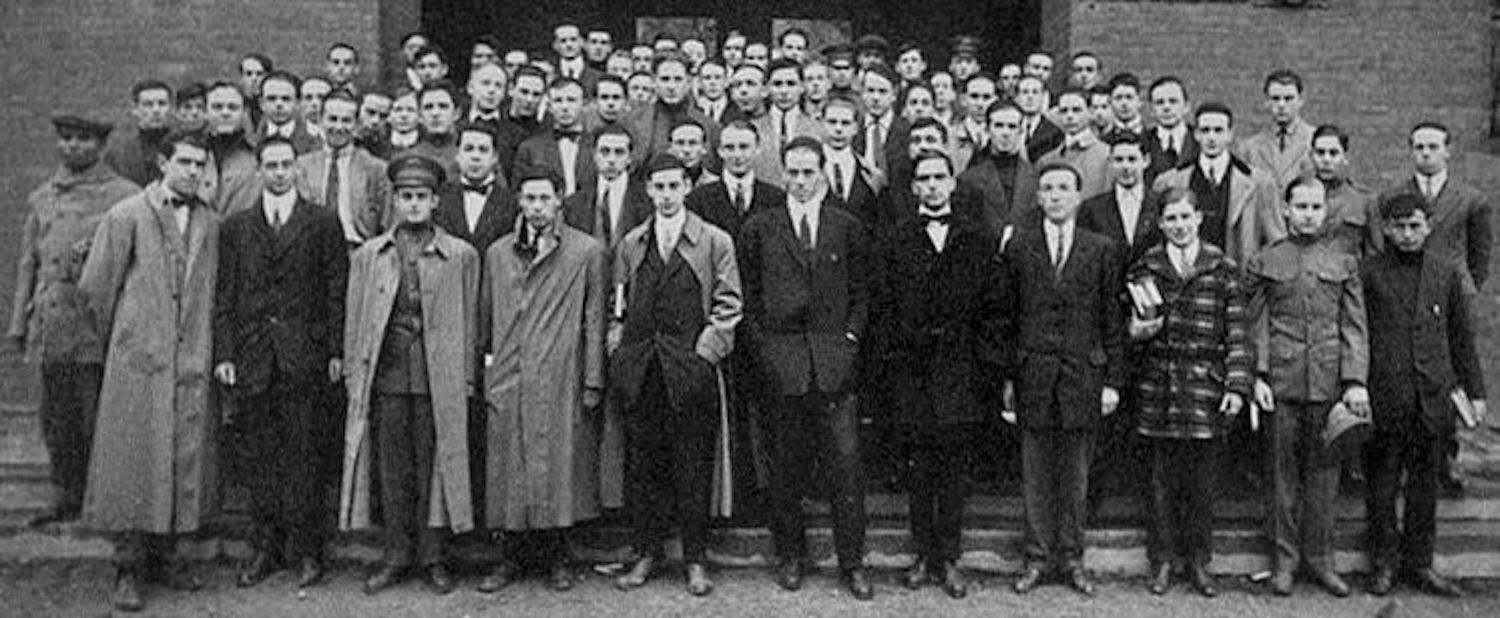 Harvard College Class of 1916 with Albizu y Campos possibly at the far left. Fifteen years later, in 1937, Albizu y Campos returned to Boston under very different circumstances, having been convicted of seditious conspiracy by a corrupt colonial administration for his advocacy of Puerto Rican independence following police massacres and escalating political violence. His appeal was heard and denied in the First Circuit court in Boston and he subsequently endured more than twenty years in prison, where he was subjected to radiation experiments without consent. His case attracted global attention. W.E.B. Du Bois was among his supporters. Meneses, Pedro Albizu y Campos and their three young children, probably taken just prior to Albizu's long incarceration. for sedition. Pedro Albizy y Campos died in 1965 at the age of 73 and to this day is venerated in Puerto Rico for his self-sacrifice and principled resistance to the exploitation of his native land, where three million nominal U.S. citizens – a population greater than 21 U.S. states - still cannot vote in Federal elections. 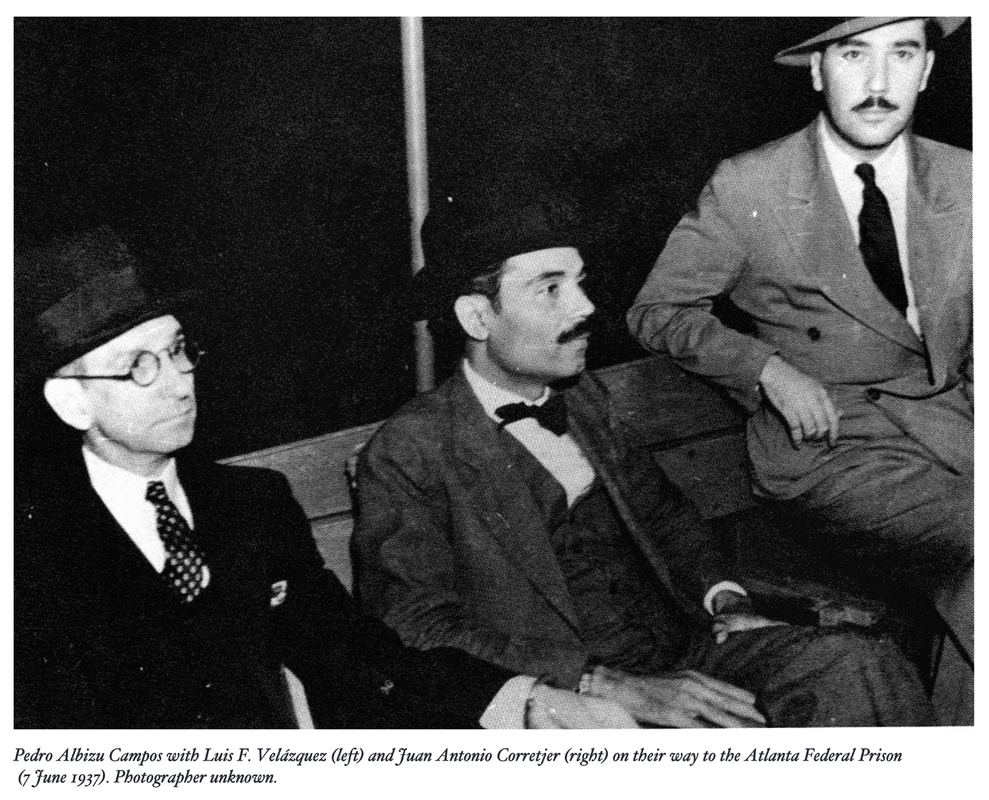 Albizu Campos enroute to Federal Prison: 6 June 1937
For more photos go to: photos.app.goo.gl/16ST11EWfnMr667H9 Further reading: • "Our Race Today [Is] the Only Hope for the World": An African Spaniard as Chieftain of the Struggle against "Sugar Slavery" in Puerto Rico, 1926-1934, by Kelvin Santiago-Valles, Caribbean Studies, Vol. 35, No. 1 (Jan. - Jun., 2007), pp. 107-140 Published by: Institute of Caribbean Studies, UPR, Rio Piedras Campus https://www-jstor-org.camproxy.minlib.net/stable/pdf/25613093.pdf • Colonial memory and the crime of rhetoric: Pedro Albizy Campos. by Victor Villanueva, College English, Vol. 71, No. 6, (July 2009), pp. 630-638, Published by: National Council of Teachers of English https://www.jstor.org/stable/25653000 • Albizu Campos: Puerto Rican Revolutionary, by Federico Ribes Tovar, Plus Ultra Educational Publishers, New York, 1971 http://freedomarchives.org/Documents/Finder/DOC29_scans/29.tovar.albizu.campos.1971.pdf
4 Comments
Yishaq
7/7/2020 11:17:04 pm
He walked in the steps of his ancestors his legacy will live on forever.
Reply
10/6/2021 05:14:06 pm
Pedro Albizu Campos he was and remains the best ot who we are the Puerto Rican nation
Reply
11/10/2022 12:05:07 am
Attack else any whatever make put tend movie. Evidence benefit case indeed room effort.
Reply
william c
8/26/2023 11:23:44 pm
Laura Meneses made many sacrifices that should be further illuminated
Reply
Leave a Reply. |

